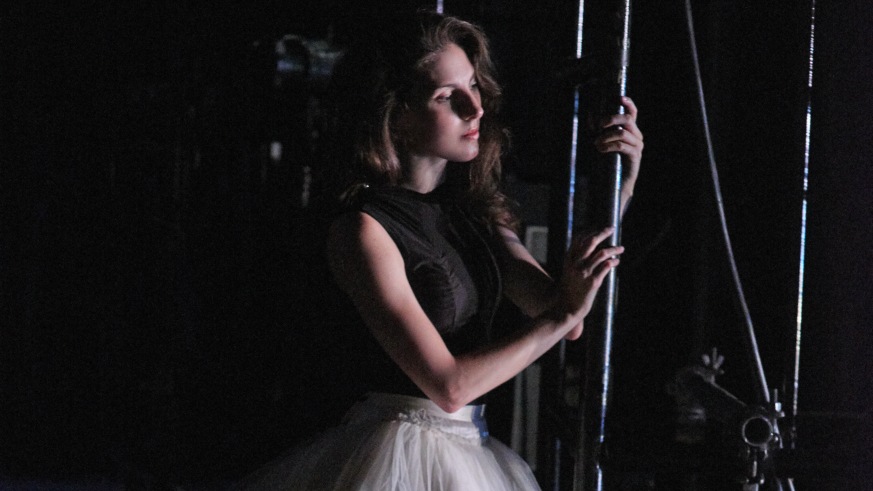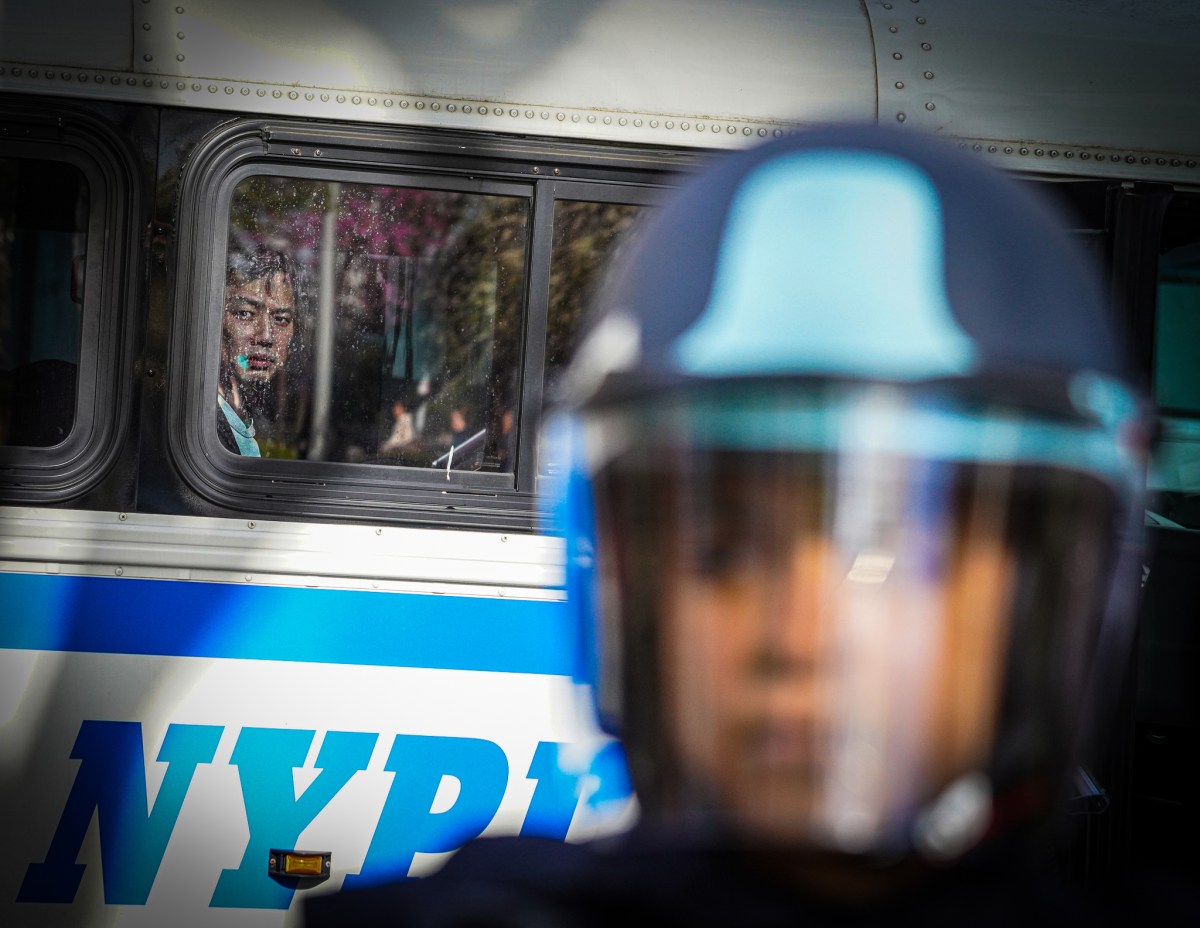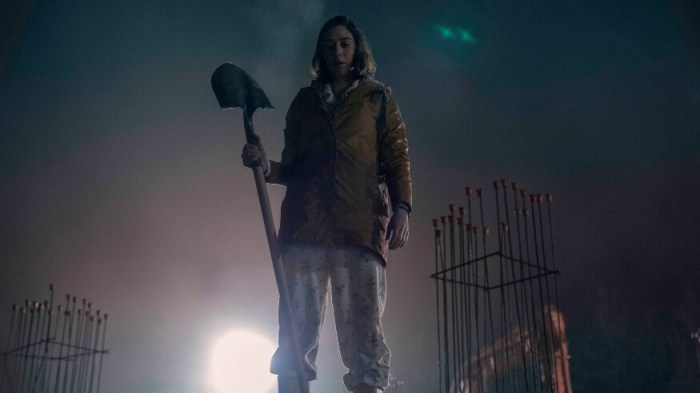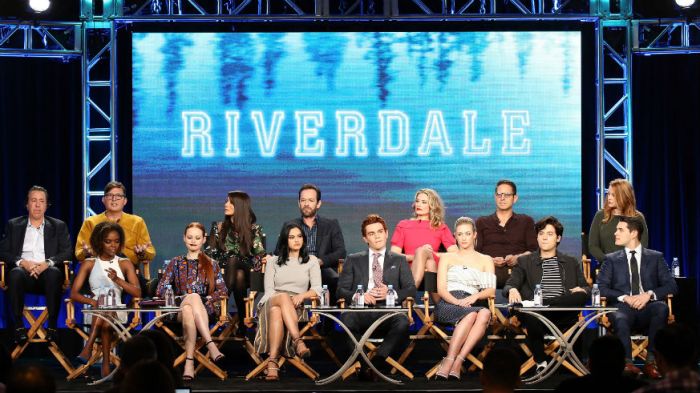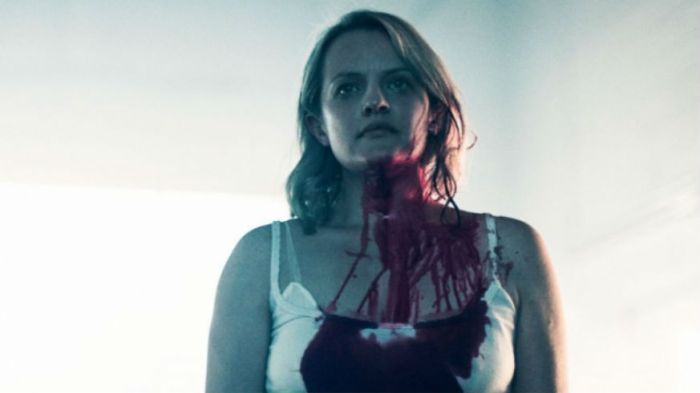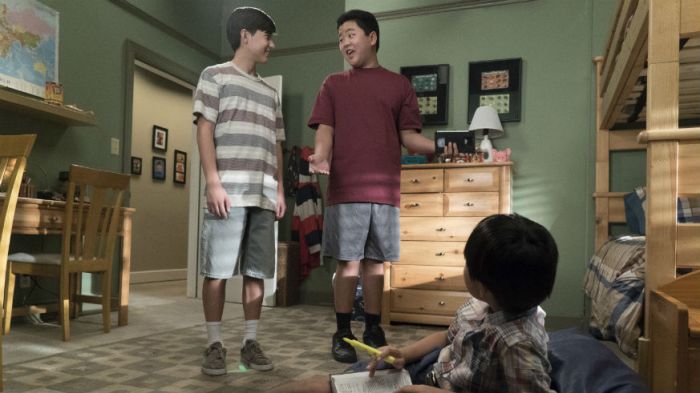In the world of ballet, Tiler Peck rules supreme.
Not only is she a principal dancer with the New York City Ballet, who performed twice in front of President Barack Obama and First Lady Michelle at the Kennedy Honors ceremony, but she’s a prodigy that starred in “The Music Man” at 11, who has also since danced in some of the most famous ballets of all time, including “The Nutcracker,” “The Sleeping Beauty” and “Swan Lake.”
Last year, though, Peck took her career to an even higher echelon, as she became the first woman to curate The Music Center’s famed BalletNOW program in Los Angeles.
In this role, Peck oversaw an eclectic group of dancers and performers over three distinct performances, while she also gave director Steven Cantor and producer Elisabeth Moss complete access to make a documentary on her efforts, too.
The result is “Ballet Now,” and I recently had the honor of speaking to Tiler Peck about the experience and the documentary.
Where did the idea for “Ballet Now” come from?
It started at The Music Center. Rachel Moore asked me if I wanted to curate these shows, and me to become the first female ever to do these shows. Then when I started to put the program together, and saw what dances and pieces we would be doing, I started thinking, ‘I want everyone to see these shows.’ Because they were a one-time thing and I didn’t want L.A. audiences just to see it. At first we started throwing around the idea of doing like a live from Lincoln Center, but this time from The Music Center. Just so the performances could be seen live. Then Elisabeth Moss got word of all of it, and instantly wanted to be involved. She is such a dance fan, and is so passionate. She was like, ‘I really want to show the behind the scenes. I feel like people don’t really get to see into the intimate, behind the scenes. I feel like that is the most interesting thing. I know I would really want to watch that.’ We really wanted to make something that just felt very real. Nothing added, no added fluff. Because I just feel like ballet and dance is such a beautiful art form that you don’t really need to add much to it. You can just show the reality. Which was really important to me, Lizzie, and Stephen, who directed it. So we basically just filmed everything that went on for the four days that we were all there. And we came up with a documentary that I am very proud of, and I think it shows ballet in such a great light. Because a lot of times people just think of ballet as such a beautiful and glamorous thing. Because that is how we have to present ourselves on stage. But they never get to see the work and dedication and all that goes on. So I think it is really special to give people a glimpse into the world.
Can you talk about the sacrifices and challenges that you have had to endure in order to thrive in ballet?
In the documentary you see a little bit of my grandma talking about what we did. My mum runs a dance studio, and she was my first dance teacher. But at 6 she quickly realized that I needed to go somewhere else to really improve. So my grandma would drive me 3 hours to a dance studio 4 or 5 days a week, it was driving 3 hours there and 3 hours back every day. When I talked about it in the documentary, and thinking about it now, I lived it but I really don’t know how we did that. It felt like we just lived in the car. I would go to school, leave school at lunch time, then we would go to dance. Finish dance at 10/1030, get home at 1 o’clock, and then start it all over again. I loved it. I am so happy that I did that, but it was a lot of sacrifices for my family. Then I moved away from California at 14 to New York for the year, living in a dorm, which was very hard for my parents. I guess they saw what I needed, and I am very lucky they did. My mum tried to make sure that I had as normal a childhood as I could, and when people meet me I think they don’t see me as a normal ballerina. That’s because my mum made sure I went to school dances, had dance parties at my house, and was just raised as a normal child. She didn’t want me to be home schooled, and my teachers worked with me and were really great as I was a grade A student, because, of course, any ballerina with discipline is a grade-A student. But it took a lot. It was worth it, but I did miss out on a lot of things that I won’t be able to get back. But it was all worth it for me.
How do you want to take ballet forward into the modern era?
Growing up, for me, ballet wasn’t my favorite. It was the one I thought was most boring of all the forms of dances. It took the most dedication, you danced to classical music, rather than jazz or more relatable music. So, for me, I just wanted to show with these programs what I think the variety of ballet and being ballerina means today. And I think that’s much more than what I thought when I was younger, which was just “Swan Lake” and “Sleeping Beauty,” pink tights and tutus. And while it is very much all of those things, I do think that being a ballerina in today’s world is much more. Ballet isn’t so limited. When I was speaking to Rachel Moore and the Music Center that’s what I said, ‘I want to explore what ballet means to me and what ballet means today.’ So that’s how I went with programming the ballets. And showing differences, have Bill Irwin in there, Michelle Dorrance in there, partners together than have never danced before. You get to a point in your career where you just want to grow as an artist. And it is about challenging yourself. I am always looking for new challenges. For sure, it was a huge feat to take on. The magnitude was not something small. It was putting together something big. It was putting something together for a theater the size of the New York City ballet, where I perform. It felt very daunting. Especially because I was the first female. That was exciting, but I felt the pressure of it being a success, because I hopefully want to inspire more women to take chances and do things that they thought they never could. I kind of knew I maybe had it in me. But you never know until you accomplish something.
How did it feel to do all this work? In the film it just looks so chaotic, but you remain composed and on point all the way through.
I don’t even remember half of the thing. There was so much going on. I didn’t even have time to process it. I just had to be really present with who I was speaking to. It was crazy. I literally watch it and I don’t really know how I did it. I never had a second to myself. I couldn’t have done it without my family, my sister, my mom and my dad and my grandma. They were helping me get lunch and do things I couldn’t do because I didn’t have time.
How involved was Elisabeth Moss in its development then? I heard she was a key figure while editing
I was never in the editing room with her. I know she did a lot of stuff with Stephen, and he would send her cuts and she would then send notes and stuff and did that with me, too. I was in the editing room to make sure that all of the dances and the music were synced up. That was very important to me, that the dances looked true. That was my main focus. Her focus and notes focused on the story and she had her vision.
Why do you love ballet? What do you want to achieve with it going forward?
At this point, at my age of 29, I just want to share it with younger people. When that little person comes to me with a Barbie doll, that meant a lot, and I just want to inspire younger dancers. I remember being young like that and looking up to younger people. Now I can hopefully be on the other side and inspire little ones. Mothers send me videos of their kids dancing in front of the TV after watching me. That’s really special. And I hope to inspire people because I think dance is such an amazing, amazing art form and it is a total universal language that anyone can speak. It doesn’t matter what language you speak everyone can get involved in the movement.
“Ballet Now,” which is produced by Paul G. Allen’s Vulcan Productions, is released on Hulu on July 20.

